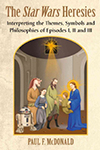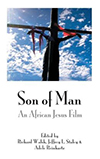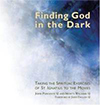- Author(s): Owen D. Edwards
- When: 2015-12
- Where: Implicit Religion
Conceived by Sydney Newman and released on British television screens from 1963, Doctor Who has, except for a 16 year hiatus from 1989 to 2005, been established Saturday evening viewing for more than 50 years. Spawning hundreds of products related to the show, as well as numerous spin-offs in multiple media, Doctor Who has transcended its humble beginnings to become a lucrative and popular franchise. More importantly, the show has become embedded in public consciousness, a national institution described in definitive terms. Nevertheless, the show’s subsequent success, as entertainment science fiction, partially obscures its origins. Initially conceptualised as an educational programme, some of the earliest serials from the series feature the title character and his companions interacting with real historical persons, and witness actual historical events, with little or no science fiction elements, bar the means by which the characters arrive at their destination. The following article explores this genesis of Doctor Who as an educational programme, arguing that early serials such as The Aztecs exposed the viewership to an intelligent treatment of religious themes, touching mythology, ritual, and the interplay between religion and culture, as well as wider issues of morality, relativism and tolerance. Against this background, the paper examines the continuing validity of Doctor Who as a resource for contemporary religious education. Comparisons with recent episodes from the revived series, in which religion featured prominently, namely the 2014 episode The Rings of Akhaten, are presented, demonstrating the continuing usefulness of Doctor Who to religious educators. The paper concludes that whilst Doctor Who has evolved beyond its original remit to instruct and inform, the series nevertheless endures as a rich and important resource enabling reflection on the role of religion in contemporary society.









